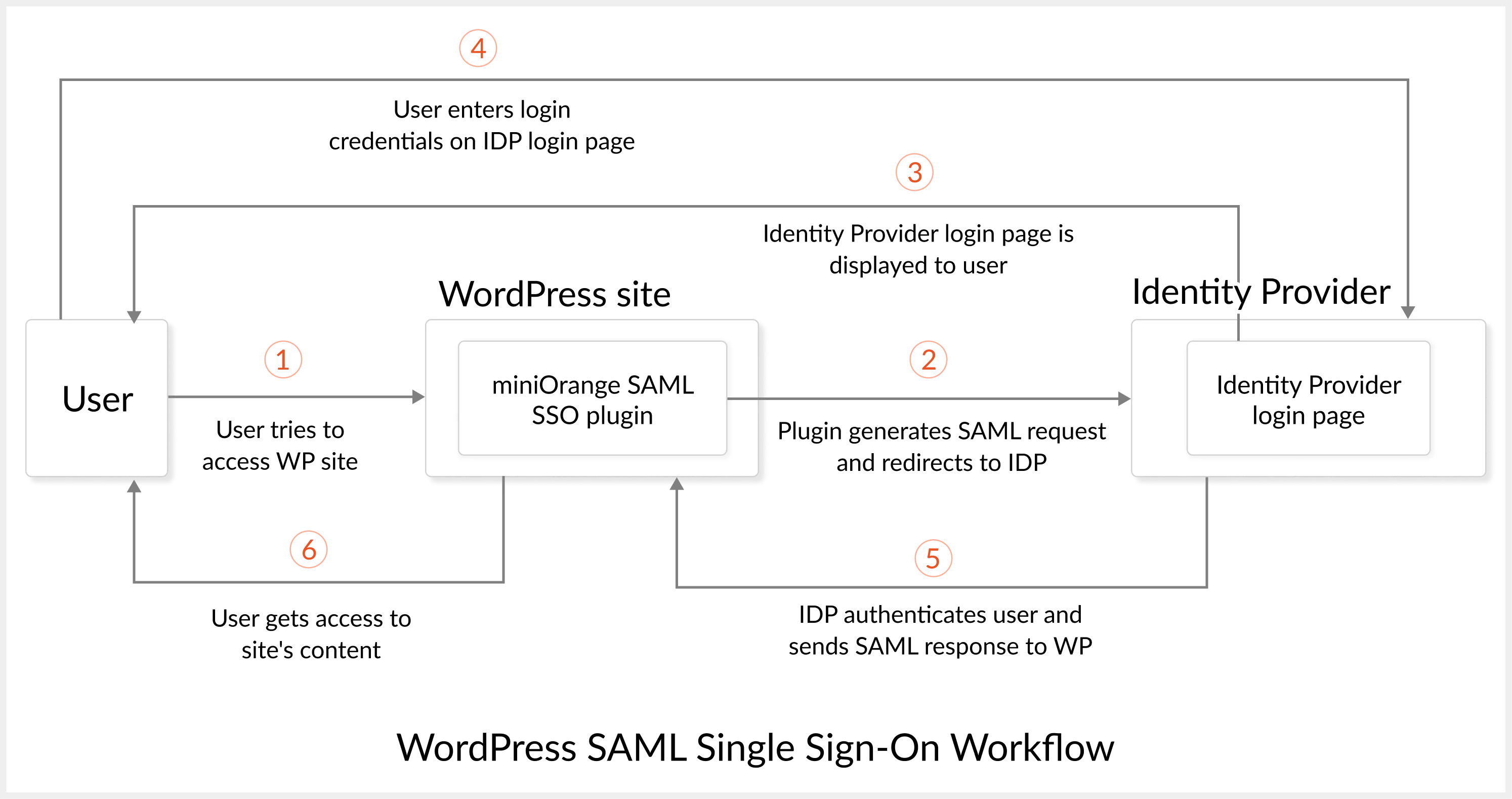What is SAML Single Sign-On?
What Is SAML?
-
SAML - Security Assertion Markup Language, it is an XML standard that allows secure web domains to exchange user authentication and authorization data. Using SAML 2.0, an online service provider (SP) can contact a separate online identity provider to authenticate users who are trying to access secure content.
-
SAML 2.0 authentication protocol is popular for browser-based enterprise applications. SAML 2.0 uses XML data format to transfer messages between applications. This XML document is digitally signed by the Identity provider and shared with the Service provider (SP) during the user authentication process.
You can visit our Blog to know more.
What is Single Sign-on ?
-
SAML Single Sign-On (SSO) is an authentication process in which a user is provided access to multiple applications and/or websites by using only a single set of login credentials (such as username and password). This prevents the need for the user to login separately into the different applications.
-
The user credentials and other identity information is stored and managed by a centralized system called Identity Provider (IdP). The Identity Provider(IdP) is a trusted system which provides access to other websites and applications.
About miniOrange SAML 2.0 Single Sign On (SSO) Plugin

-
miniOrange SAML 2.0 Single Sign On (SSO) Plugin enables seamless SSO login into your WordPress sites via authentication through any SAML 2.0 compliant Identity Provider. What this means is that, once you authenticate or login via your Identity Provider, you also log into your WordPress sites without manually having to re-enter your credentials. In essence, you use just a single set of credentials for logging into multiple Service Providers like WordPress without the hassle of maintaining or remembering multiple credentials for multiple services.
-
The WordPress SSO Plugin supports all major IdPs – ADFS, Azure AD, Azure B2C, Okta, Keycloak, Google Workspace, Salesforce, Office365, Shibboleth, etc.
For more information visit our WordPress SSO page.